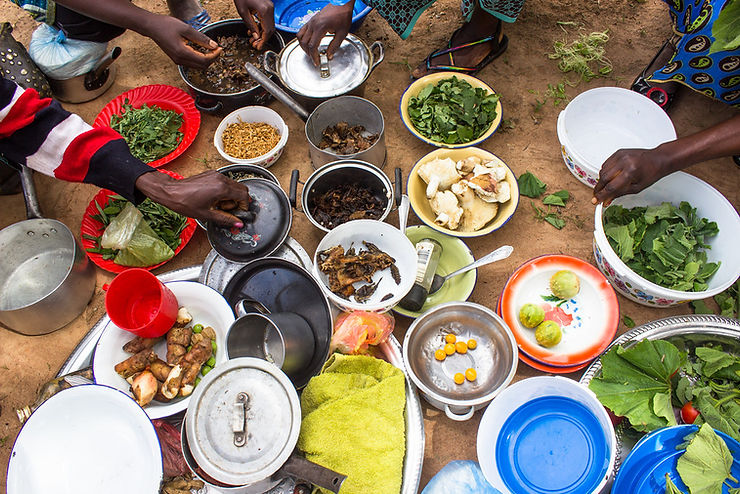By: Derek Sun
An unexpected food shortage is covering the world. It has brought skyrocketing food costs, millions upon millions of hungry people, and the highest hunger rate ever seen. This is the global food crisis.
Until recently, global hunger and famine were declining, but since 2014, they’ve been on the rise. Since then, the number of people without regular access to food has more than doubled, leaving some 800 million people hungry.
“2022 was already looking like a terrible year for the food crisis, as COVID still continued to grip parts of the food supply chain worldwide,” said Matthieu Favas, the finance correspondent for The Economist. “You had a series of bad harvests in recent years because of climate change. This all disrupted food production.” Due to these two factors, the pandemic and climate change, global wheat supply, one of the most important carbohydrates, has declined the first time in four years.
At the worst moment possible, the war in Ukraine started. Ukraine’s food exports stopped, leaving 25 million tons of corn and wheat blockaded inside the country, the yearly consumption of the world’s least developed countries combined. With Ukraine no longer exporting, food prices shot up.
“Imagine if you were buying your food from Ukraine, and now let’s say you need to go to Canada, or Australia, or Argentina,” said Arif Husain, the Chief Economist for the World Food Program. “That means that you will have to pay because of extra freight, and you will have to pay more in time because it will take you longer. And you will pass these costs to the consumer.”
But other factors make the crisis even worse. Farms need fuel for machines and vehicles to work, and they need fertilizer for crops. These two things are also becoming more and more expensive, which makes food longer to harvest, and smaller profits for farmers.
Almost every country has higher prices in some way or another. In America, food and energy costs have pushed inflation to the worst it’s been in 40 years. In Britain, food prices are rising at a rate not seen in 13 years!
Most countries will always need to import some food and, as the climate crisis worsens, such shortages will be ever more common and more unpredictable. For now, these countries should have more countries that export to them. If one country has a shortage, then another country can jump in and help export.
Source: https://www.youtube.com/watch?v=oQWaw5S4b3I&t=612s











